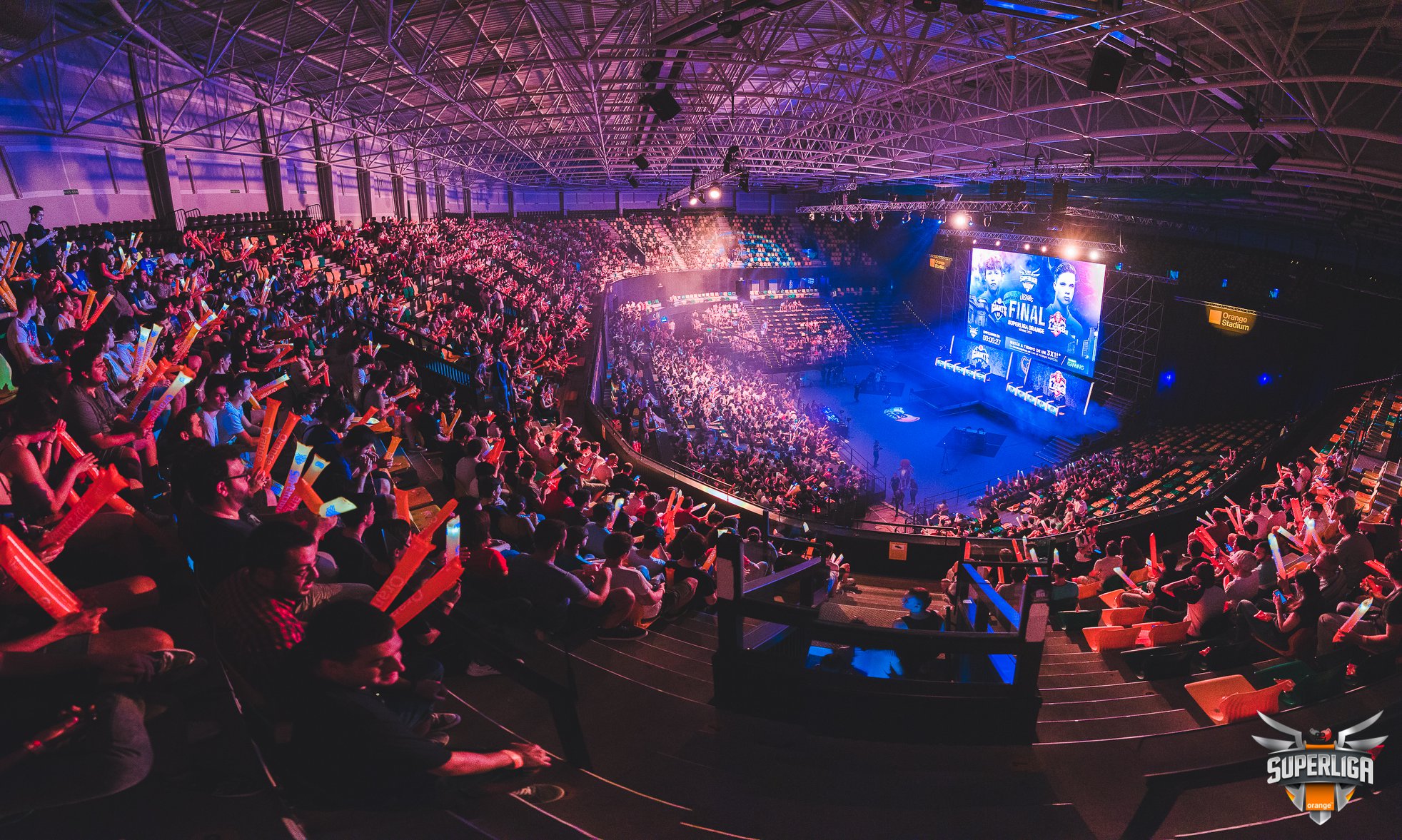eSports have become a phenomenon that attract big crowds. But what exacly are eSports?

What are eSports?
According to the International Federation of eSports, an eSport is a competitive sport that is played in a virtual environment in which physical and mental abilities are executed in order to be victorious all while following the rules. In summary, they are videogame competitions in which amateur or professional players, also known as ‘gamers’, face off.
These competitions have existed for years, and in countries like South Korea, a global reference point in this field, eSports are considered more of a job than a hobby, having their own regulations since 2000. In the rest of the world, eSports have grown exponentially in the last few years, turning into a phenomenon that attracts huge crowds and involves large sums of money.
The huge numbers of eSports
Just like a Champions League final, eSports competitions can fill stadiums. For example, the numbers for audience for the last League of Legends World Championship were incredible: more than 100 million fans watched the championship, peaking at 44 million simultaneous viewers during the final and making it the most popular eSport. It was held at AccorHotels Arena in Paris in front of more than 20,000 spectators.
Aside from the popular LoL, there are so many eSport leagues and championships linked to different games that it’s almost impossible to count them. For example, according to the Spanish Videogame Association, there are currently three professional leagues and a similar number of tournaments in Spain, but there are hundreds of amateur competitors too.
According to data from Newzoo, in 2019 eSports reached a global audience of more than 458 million people, combining the 201 million followers and 252 million occasional viewers. And that means money. In 2019, eSports made more than 1 billion dollars, a 26.7% increase on 2018, and predications indicate that in 2022 that number could reach 1.8 billion dollars.
From amateur player to professional
What do you need to go from being an amateur that plays in their living room at home to a pro gamer? The most important thing is a combination of talent and training. Only the best players are chosen for professional teams, where annual earnings can reach more than 3 million dollars, as is the case with Kurosh Takhasomi or ‘KuroKy’, who plays Dota 2.
https://www.instagram.com/p/BwocMdOlXwK/?utm_source=ig_web_copy_link
Teams often have gaming houses, which are spaces created just for them. These places are designed with a double purpose in mind: they serve as a home and training space for members of the team, as well as a place where they can meet promoters and fans. Image is very important: with the millions of videos uploaded to Youtube by the teams, their location must be immediately recognisable.
For interior designer Beatriz Coloma Castaño, from Minibau, designers of the Team Heretics gaming house in Madrid, “gaming houses are essential for eSports, given that some leagues require the player to live where they compete. It’s a combination of a sports dormitory and a 21st century office.”
Women’s eSports
As in other sports, women’s participation has been gradual, but its constantly growing. Female viewers make up almost a third of the total audience and their participation as gamers is getting stronger. There have always been professional players at the same level as the male players, but now the first professional female teams are emerging, such as Zombie Unicorns, Asus Rog Army, and Penguins.
https://www.instagram.com/p/B3dcQK_nu28/?utm_source=ig_web_copy_link
eSports – an Olympic Sport?
Can you really call a competition between two teams that compete while sitting in ergonomic chairs in front of a tv screen a sport? In April, the International Olympic Committee released a press release that classified eSport competitions as a ‘sporting activity’, given that “the players involved prepare and train with an intensity which may be comparable to athletes in traditional sports”.
This would be the first step to it being considered a sport, but there will be many obstacles along the way, the first being that the content of the videogames cannot infringe on Olympic values, which are not really compatible with games like Call of Duty that promote violence. Many athletes have also voiced their opposition, believing that a gamer’s training cannot be compared to the physical activity of an Olympic athlete. Nevertheless, eSports would be in the same class as sports like chess, where the determining factor is mental.
Will we see eSports at the Olympic Games in Paris in 2024?




